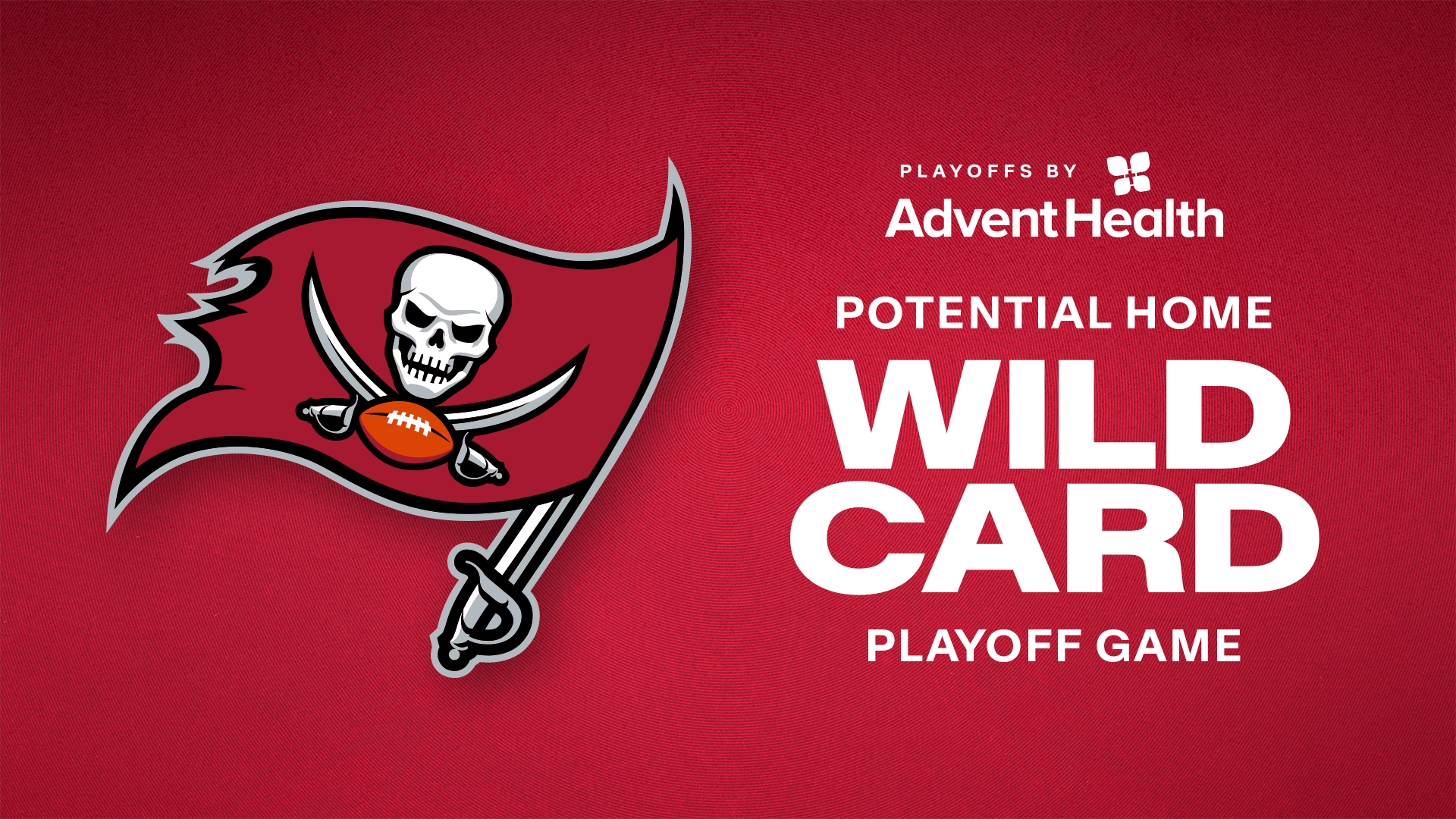Cornerbacks like the Bucs' Aqib Talib can often find significant playing time as rookies even without breaking the starting lineup
In 2004, the Tampa Bay Buccaneers' reigning first-round draft pick, Michael Clayton, turned in one of the five most productive seasons ever by a rookie receiver.
In 2005, not to be outdone, the Buccaneers' next first-round pick, running back Cadillac Williams, made the greatest three-game debut by a running back in NFL annals and ran all the way to the league's Rookie of the Year Award.
Tampa Bay's first-round pick in 2006, guard Davin Joseph, overcame a knee injury suffered on the eve of opening day to start 12 games at right guard and quickly develop into a pillar along the Bucs' front wall. And last year, defensive end Gaines Adams, the team's 2007 first-rounder, came on strong in the season's second half, winning a starting spot and leading all NFL rookies with six sacks.
The last season in which the Buccaneers did not get a huge, positive impact from a first-round rookie was 2003…when Tampa Bay didn't have a first-round pick.
Look, this is no sure thing. Buccaneers.com took a quick look back at some recent selections before this year's draft and found that it is entirely common for a first-round pick to make little impact as a rookie. A generous but admittedly unscientific review of the 2007 draft suggested that 21 of the 32 players drafted in the first round made significant contributions for their teams that year. In 2006, it was 22 of 32 players.
The 2005 draft had 13 players who made obviously big impacts (example: Shawne Merriman), eight who did not (example: Chris Spencer) and another 11 who fell somewhere in the middle and were difficult to quantify (example: Braylon Edwards – seven starts, 32 catches). And while it's interesting that many of those players in that middle category – Erasmus James, Fabian Washington, Alex Barron, etc. – have since failed to develop into stars, for this exercise we are only looking at a player's first-year impact.
Cherry-picking a draft that is now widely considered a rough one for the league overall, we look at 2002 (David Carr, Joey Harrington, Mike Williams, Wendell Bryant, Mike Rumph, William Green, etc.). As rookies, it's fair to say that 15 of the 32 made significant differences for their team (example: Dwight Freeney), and another seven fell into that middle category (example: Javon Walker).
Using these generous rookie-year assessments, one could argue that roughly a third of each spring's first-round picks fail to make much of an impact the following fall. And yet the Buccaneers are on a streak of four years running with their first-rounders coming right in and contributing in a big way.
Can Aqib Talib keep the streak alive?
The Buccaneers don't have a lot of first-round cornerback history to fall back on in this case. Before Talib, the only time the Bucs touched that position in Round One was in 1986, when they took SMU's Rod Jones with the 25th overall pick. Jones didn't last long in Tampa or the NFL, but he did start 16 games as a rookie, recording 80 tackles, one interception and 14 passes defensed.
However, now that Talib is on the team, the question is whether or not he can contribute as a rookie, and for that he can be compared to other prominent DB draft picks in team history, not just first rounders.
Do rookie cornerbacks generally find a way to absorb the Buccaneers' current defensive system and contribute right away. The 1996-98 drafts very helpfully provide the full spectrum of possible answers. In 1996, the Bucs drafted Donnie Abraham in the third round and he became a starter and one of the team's best defenders almost instantly. In 1997, the team drafted Ronde Barber in the third round and – though he obviously would prove to be an extremely good player – he was activated for only one regular-season game as a rookie. In 1998, the Bucs used a second-round pick on Brian Kelly, and though he played right away it took him several seasons to graduate from nickel back to starter.
Obviously, circumstances differed for each player. Kelly, for instance, joined the team after it had added soon-to-be starters the previous two years. In Talib's case, the Bucs return both of their primary starters from last year in Ronde Barber and Phillip Buchanon. However, Kelly has moved on to Detroit through free agency, and thus there appears to be an opportunity for Talib to at least earn the third cornerback spot.
And that would definitely allow him to make an impact as a rookie.
"When we go back to what we call the nickel package, last year we ran like 1,082 plays on defense and 42 percent of the time we played nickel which means three wideouts in the game," said Monte Kiffin, the Bucs' longtime defensive coordinator. "So we've got to match up with three corners. That's why you really need a really good third corner because he is one snap away from being a starter but he is also going to play right now close to 50 percent of the time. You also need a fourth corner. You can't have enough corners."
Talib's primary competition for the nickel corner spot would appear to be Torrie Cox and Sammy Davis, both of whom have filled that role at some point with the Buccaneers. However, Cox missed most of last season due to injury and Davis was more commonly the fourth corner last year.
It's premature to speculate how the Bucs' secondary is going to shake out in training camp and the preseason. But that need for nickel back help is a factor that helps young corners get in the game league-wide. An offensive tackle that is drafted onto a team with two starting tackles is probably going to be sitting as a rookie; a cornerback doesn't have to supplant one of the two starters to find significant playing time. Though they have not since developed into stars, cornerbacks Quentin Jammer and Mike Rumph found that out after the aforementioned 2002 draft. The same could be said – so far – about Pacman Jones, Carlos Rogers, Fabian Washington and Marlin Jackson from the 2005 draft.
Talib is talented, confident and well-suited to the Buccaneers' defense. He steps into a situation that, at the very least, should give him the opportunity to earn playing time right away. The Bucs string of instant-impact first-rounders may very well stretch into a fifth straight year...but Talib will have to work for it.
"We always let guys come in and compete, especially first-round or second-round picks," said Kiffin. "They are going to come in and compete. But that doesn't mean that we just start them. They have to earn it because we like who we have right now."
























